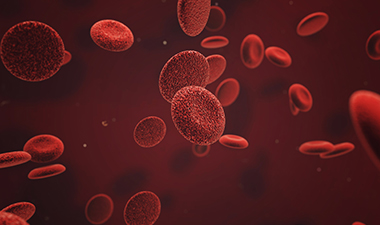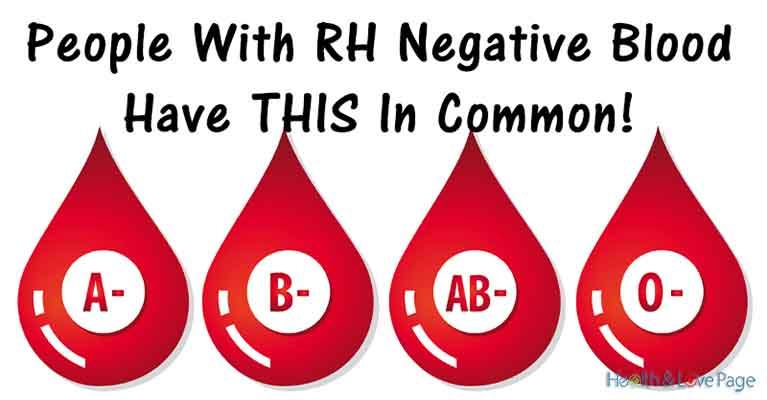

This doesn’t often cause problems during a first pregnancy, because there’s usually no significant contact between the baby’s and mother’s blood until the baby is born.īut it has implications for any further pregnancies the mother has - if she carries another Rh positive baby, her body will produce antibodies which cross the placenta and attack the baby’s blood cells. However, an Rh negative mother will develop antibodies to attack the Rh positive blood. This is normal and for most women not a problem. During delivery, however, there is a good chance that some of the baby’s blood cells will enter the mother’s bloodstream. The mother’s blood does not normally mix with the baby’s blood during the pregnancy, unless there has been a procedure (such as amniocentesis or chorionic villus sampling) or vaginal bleeding.

Risks of being an Rh negative mother with an Rh positive fetus If you are Rh negative you may be offered further blood tests later in the pregnancy (at 28 weeks) and at delivery to make sure Rh antibodies have not formed in your blood. The blood test is done routinely very early on in pregnancy (at the first antenatal visit) and shows your blood type (A, B, AB, or O) and whether you are Rh positive or negative. How do you know if you are Rh negative?Ī simple blood test can show if you are Rh negative. This can cause health risks for that fetus and for the fetus of any subsequent pregnancies she may have.Ī pregnant woman who is Rh negative, who has a fetus which is Rh negative won’t have any problems.Ī pregnant woman who is Rh positive won’t have any problems (with antibodies to RhD), regardless of whether the baby is Rh positive or negative.

These antibodies then attack the unborn baby’s red blood cells. But when a mother is Rh negative and her fetus is Rh positive, the mother’s blood may produce antibodies against the baby’s Rh factor. On its own the Rh factor does not cause health problems. Mild transfusion reactions are not dangerous, but a severe transfusion reaction may be deadly. But if an Rh negative (RhD-) person receives Rh positive (RhD+) blood, their body reacts, making chemicals (antibodies) to defend against the foreign Rh factor. If this is not available, they may be given blood from a compatible blood group. Otherwise a reaction to the ‘foreign’ blood may occur. When someone needs a blood transfusion it is preferable that they are transfused with blood from the same ABO and RhD groups as their own. For example, someone’s blood may be ‘O positive’ (written O+) and another person may be ‘AB negative’ (written AB-).
A NEGATIVE BLOOD TYPE PREGNANT PLUS
Each blood type is also further identified by a plus (+) or minus (-) sign, which designates the Rh status of the blood. In Australia, around 80 per cent of people are Rh positive.īlood is classified into groups, the most well-known being the ABO system in which a person’s blood is recorded as either A, B, AB or O. Most people have the Rh factor and test Rh positive (RhD+), however, some people don’t have the Rh factor and so are Rh negative (RhD-). A person’s blood is either Rh positive (has the RhD protein) or Rh negative (doesn’t have the RhD protein). Rhesus factor was originally named (incorrectly) after rhesus monkeys, but now scientists more correctly refer to it as Rh factor. Rhesus factor is an inherited protein called RhD which is found on the surface of red blood cells. It happens when a rhesus negative woman carries a fetus with rhesus positive (RhD+) blood.įortunately, even though your baby’s blood type is not usually known until delivery, a simple treatment during pregnancy can help prevent problems in women who are RhD negative. Rhesus disease is an incompatibility between the blood types of the mother and the baby. If you have rhesus negative (RhD-) blood and are pregnant, your fetus may be at risk of health problems caused by rhesus disease.


 0 kommentar(er)
0 kommentar(er)
